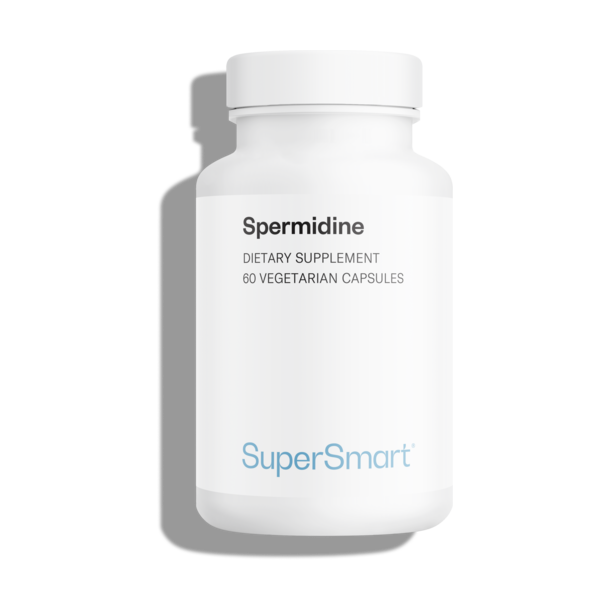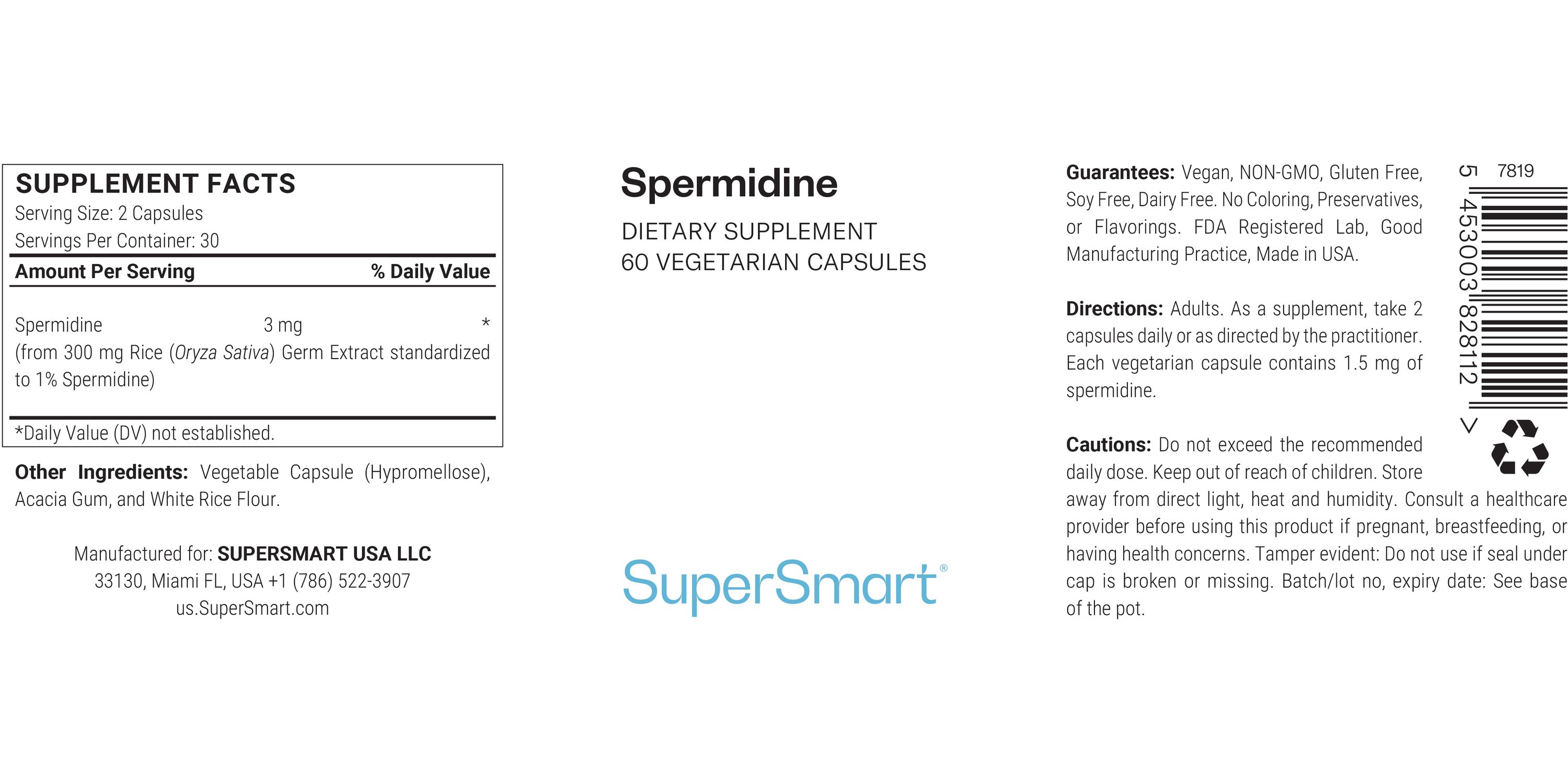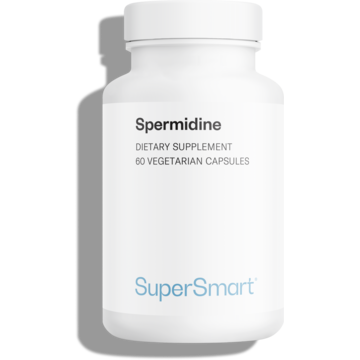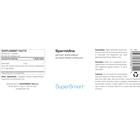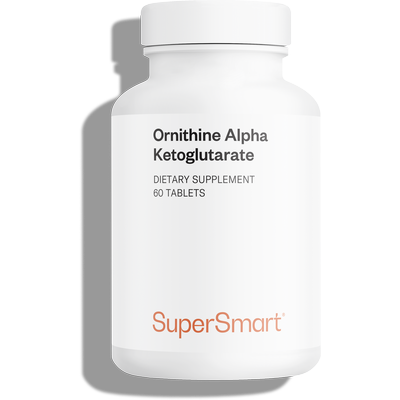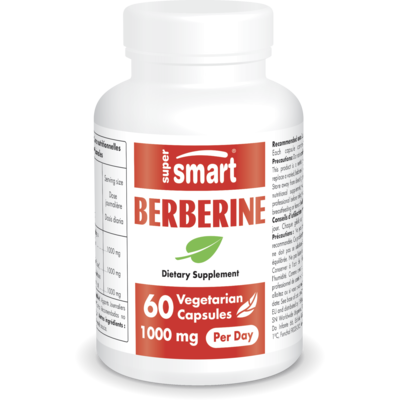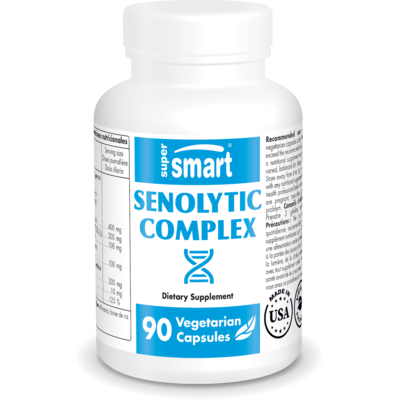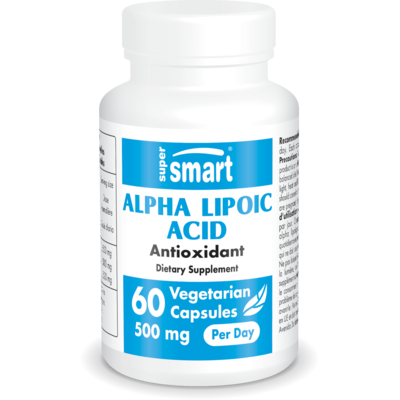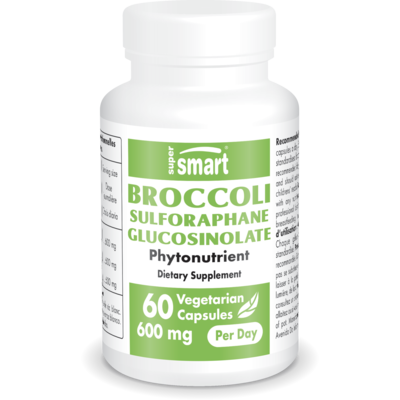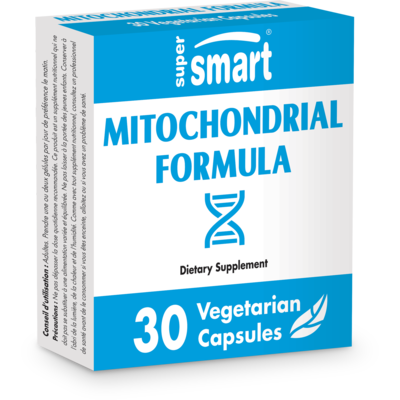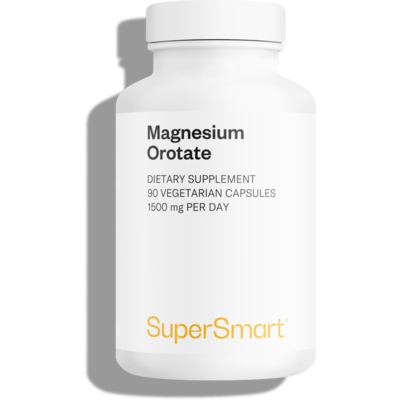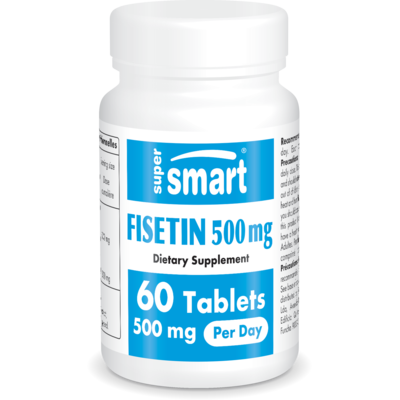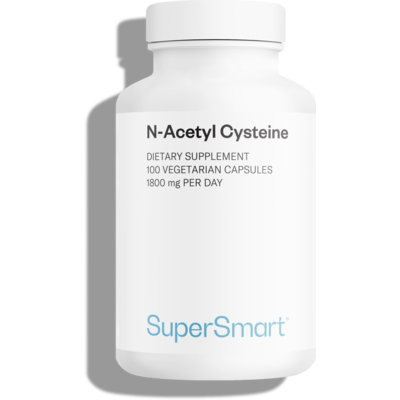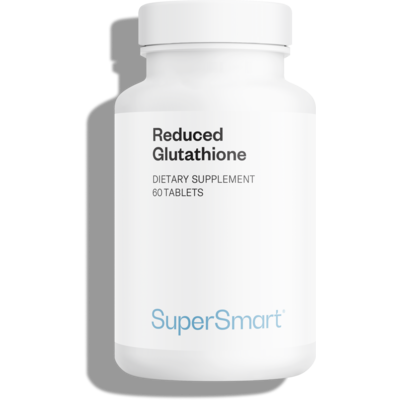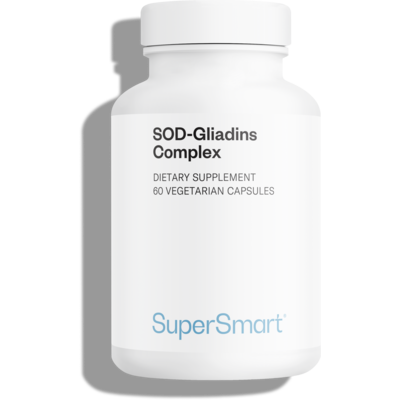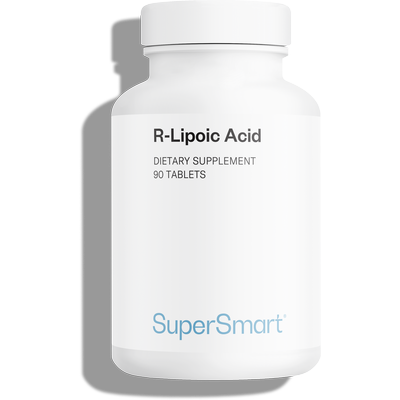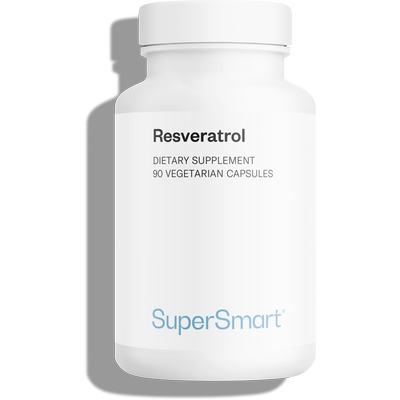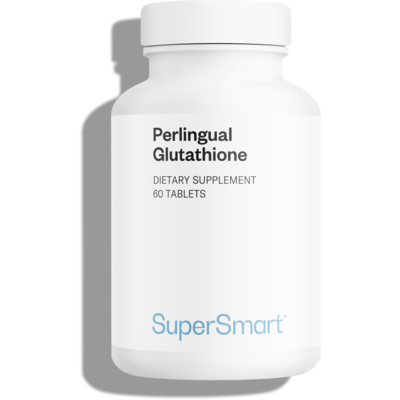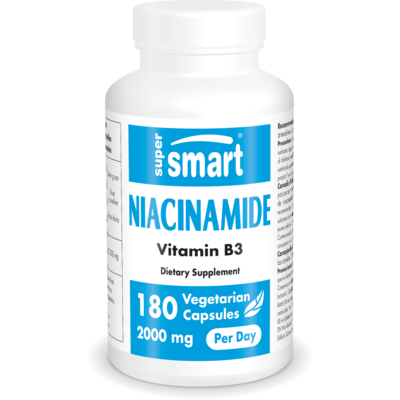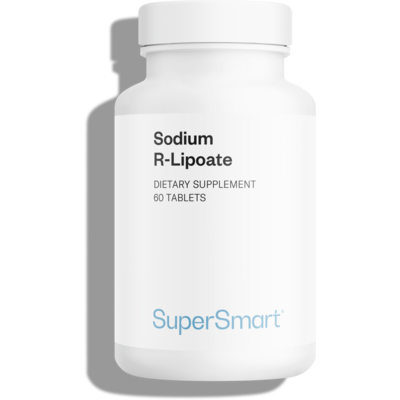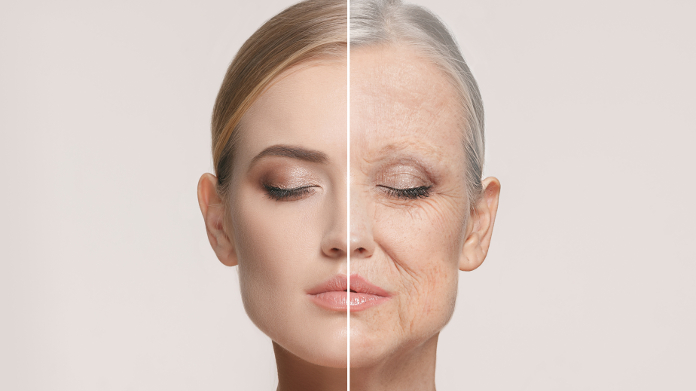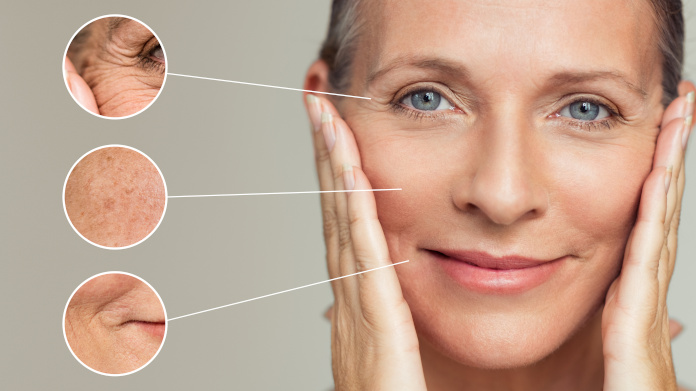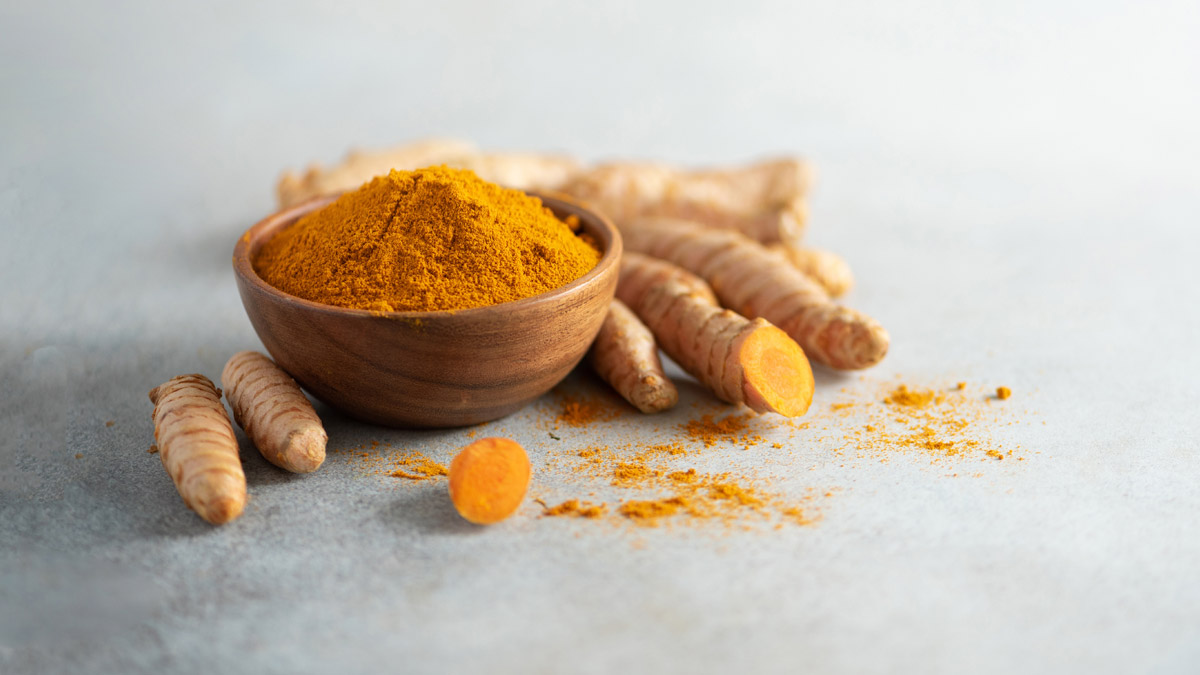Create Your Offer
Our Spermidine supplement is made to offer a concentrated source of spermidine from a standardized rice extract.*
With age, natural spermidine levels in the body may tend to decline.* A spermidine supplement might offer a convenient and plant-based way to help maintain your daily intake of this compound.*
Spermidine seems to have been studied for its potential role in supporting autophagy – the body’s natural process for cellular renewal.* It may also contribute to overall cellular balance and help maintain already healthy cardiovascular function as part of a balanced lifestyle.*
What is Spermidine?
Spermidine is a naturally occurring polyamine compound that seems to be found in all living organisms.* It features different amine groups and might play a role in a range of cellular processes.*
Spermidine seems to be synthesized in the body from a compound called putrescine and to act as a precursor to another polyamine known as spermine.*
Spermidine appears to get its name from its initial identification in the late 17th century.* Today, it may be recognized as a compound present in all human cells and might also naturally be found in a variety of plant-based and fermented foods.*
Possible Dietary Sources of Spermidine*
Spermidine may be found in small amounts in foods such as wheat germ, soybeans, aged cheese, and mushrooms.*
Yet, maintaining consistent intake through diet alone could be challenging, which is why supplementation might offer a reliable alternative.*
Potential Benefits of Spermidine*
With age, the body’s natural levels of spermidine may gradually lower.* Supplementing with a high-quality spermidine extract could help support optimal levels as part of a daily wellness routine.*
According to research, spermidine may:*
- Support cellular renewal through the process of autophagy – the body’s natural mechanism for recycling and renewing cell components.* With age, autophagy may tend to become less effective, and increasing dietary spermidine intake may help maintain this mechanism.*
- Potentially influence lifespan – as observed in lab studies – in certain model organisms (yeast, worms, flies, etc.) and human immune cells.*
- Help maintain already healthy cardiovascular function, including blood vessel tone and circulation, based on observational research.*
- Play a role in cellular protection by potentially supporting the body’s response to oxidative and environmental factors.*
- Contribute to balanced cellular aging by possibly limiting processes such as glycation, which may affect protein structure and function over time.*
- Have been linked to longevity in diets naturally rich in spermidine in population-based studies.*
- Provide antioxidant and neuroprotective support, with emerging studies that seem to explore its effect on cellular communication and brain health.*
WARNINGS
Do not exceed the recommended daily dose. This product is a nutritional supplement and should not be used as a substitute for a varied and balanced diet or a healthy lifestyle.
STORAGE
Store in a cool, dry place away from direct sunlight, heat, and humidity. Keep out of reach of children.
PREGNANCY AND MEDICAL CONDITIONS
If you are pregnant, breastfeeding, or have any medical conditions, consult your healthcare provider before using this product.
SUPPLEMENT INTERACTIONS
Consult your healthcare provider before use, especially if you are taking any medications or other supplements as there may be potential interactions.
april 27 2025
One of a kind product
march 22 2025
Spermidine may promote cellular autophagy, a process that removes damaged proteins and organelles, leading to cellular rejuvenation and anti-aging effects
december 25 2024
A new product for me after reading about in the nih.
Need Help?
Phone
+1 (786) 522-3907
From 9 am to 6 pm (EST)
You May Also Like

